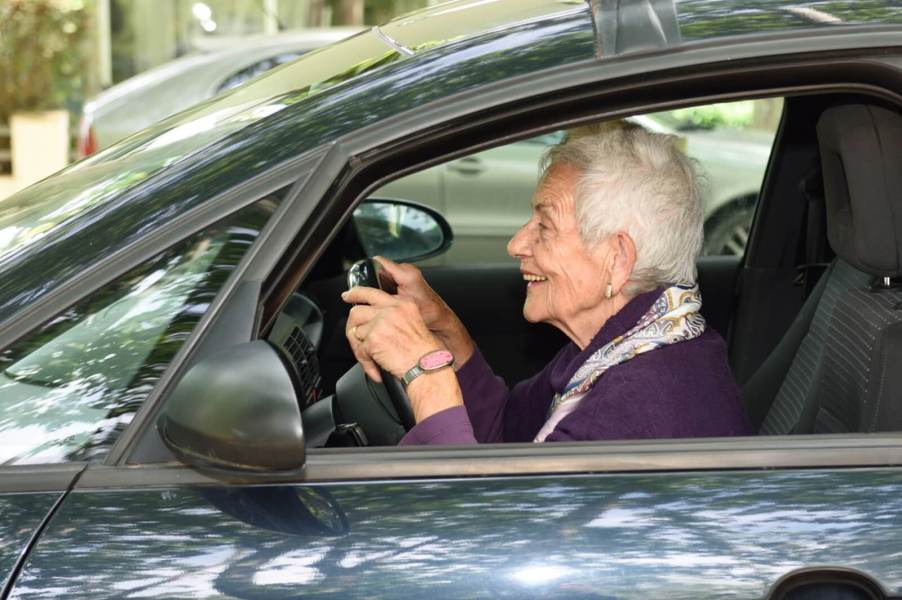
5 common and avoidable mistakes made by elderly drivers
We’ve all heard the complaints about teenage and young drivers. And some of the gripes are more than warranted. However, young, risk-prone drivers aren’t the only demographic with unique challenges. The NHTSA states that elderly drivers are also more likely to make safety and etiquette mistakes on the road, many of which are entirely avoidable.
Elderly drivers are more likely than other age groups to commit faux pas like driving too slowly and failing to yield
Bad driving isn’t exclusive to one demographic of motorists. No, each demographic category of driver, including motorists of all ages, has poor drivers. However, elderly drivers may make some mistakes behind the wheel that other age ranges perform less frequently.
According to the National Highway Traffic Safety Administration (NHTSA), elderly drivers are much more likely than other age ranges to make these mistakes.
- Driving slower than the flow of traffic
- Failing to yield
- Misjudging gaps in traffic
- Using medications and then driving
- Driving at inopportune times
It’s almost a cliche to hear a younger motorist complaining about an elderly driver and their speed. Well, there’s an element of truth to the jokes and jests. Senior motorists are more likely to drive under the speed limit than their younger counterparts. Teenagers, on the other hand, are much more likely to speed and drive recklessly than the rest of the population.
Some of the most common driving errors among senior drivers are potentially dangerous issues like failing to yield and misjudging gaps. Unfortunately, mistakes like failing to yield go well beyond the annoyances of slow driving. These oversights can easily result in crashes, injuries, or worse.
Moreover, older drivers are more likely to take prescription medications and get behind the wheel. In fact, 90% of elderly drivers use prescription medications, per the NHTSA. While many medications don’t impact a motorist’s ability to drive, some types of prescription meds can cause drowsiness or slowed reaction time.
Finally, many older drivers, including retired people, still choose to drive in the dark. This can be dangerous due to issues like age-related macular degeneration (AMD).



